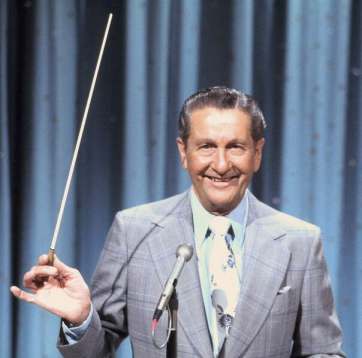|








Genuflectimus non ad principem sed ad Principem Pacis!
Listen, O isles, unto me; and hearken, ye people, from far; The LORD hath called me from the womb; from the bowels of my mother hath he made mention of my name. (Isaiah 49:1 KJV)
|








Sergei’s American tour in 1909 had brought him into contact with a country where there was opportunity. He had especially been smitten with New York. If you can make it there, you can make it anywhere.
Traveling from Norway to New York by ship, Sergei was greeted at the dock by a Western Union delivery boy massacring his name as “Sir Jee Ratch-man-off”. With the assistance of fellow Russians on board who could speak English, he perused two telegrams, one from Boston and one from Cincinnati.
From Boston came the offer of the directorship of the Boston Symphony Orchestra. Boston? Nice town. First rate orchestra. Good community of Russian scholars at Harvard and other schools. Great intellectual climate.
From Cincinnati came a similar offer with their orchestra. Cincinnati? Heavily southern German and Catholic. Hog butcher to the world. Second tier orchestra, but could be whipped into shape.
Had Sergei received a third telegram, one offering him the directorship of the Metropolitan Opera Orchestra, history might have taken a different turn.
Sergei Rachmaninov was best known as a conductor first, then a composer, then a pianist. He was the leading conductor of Russian opera in the business. But Russian opera doesn’t travel very well. There are probably no more than five or six Russian operas in the active repertory outside Russia. Then there was the problem of working as a full time conductor. This was not yet the era of the itinerant conductor, and he would spend all but two weeks of the year with his orchestra. The pay would be good, but not that good.
Sergei turned down both offers. The Boston slot would go to Serge Koussevitsky, another Russian emigre, who would become the matinee idol conducting star of that city.
While it wasn’t yet the era of the itinerant conductor, it was still the era of the great itinerant flamboyant pianist. Teresa Carreno had just died. Ferruccio Busoni was still on the stage, although his career was about over. Josef Hoffman, Ossip Gabrilowitsch, Rosina Lhevinne, Alfred Cortot, Artur Schnabel and Ignacy Paderewski were packing concert halls. The young Arthur Rubinstein was making waves, but he was in Paris. A teenager named Vladimir Horowitz was getting noticed, but it would be years before he could escape the Soviet Union.
Sergei believed he could blow them all off the stage.
He quickly found an agent, Charles Ellis. Steinway offered him a piano, and Ellis booked him for concerts in 40 American cities.
Sergei signed with Edison Records for a 10-side deal, but the relationship with Thomas Edison was rocky at best. Sergei didn’t like his recording techniques, his house piano, or his lack of interest in signing him to a permanent deal. He went across the street to the Victor Talking Machine Company and inked a better deal in 1920. What made this deal more palatable was that Sergei was given total creative control.
In addition to performing and recording his own music, Rachmaninov built up a repertory of Liszt, Chopin, Schumann, Brahms, Tchaikovsky and Beethoven. The sonatas of Schubert were almost unknown at that time, but he added the Schubert impromptus and musical moments to his repertory. What he needed was a collection of encore pieces.
His first arrangement from 1918 wasn’t an encore piece, but something to begin a concert. Sergei wrote an arrangement of the national anthem of his adopted country. Josef Hoffmann had written an arrangement in C Major that was bombastic to the point where you could actually hear the bombs bursting in midair. Sergei decided to write in the traditional key of B-flat, and his arrangement was simple, dignified and had some haunting chord changes at the end.
“The Star Spangled Banner” (Rachmaninov on piano via Ampico piano roll)
